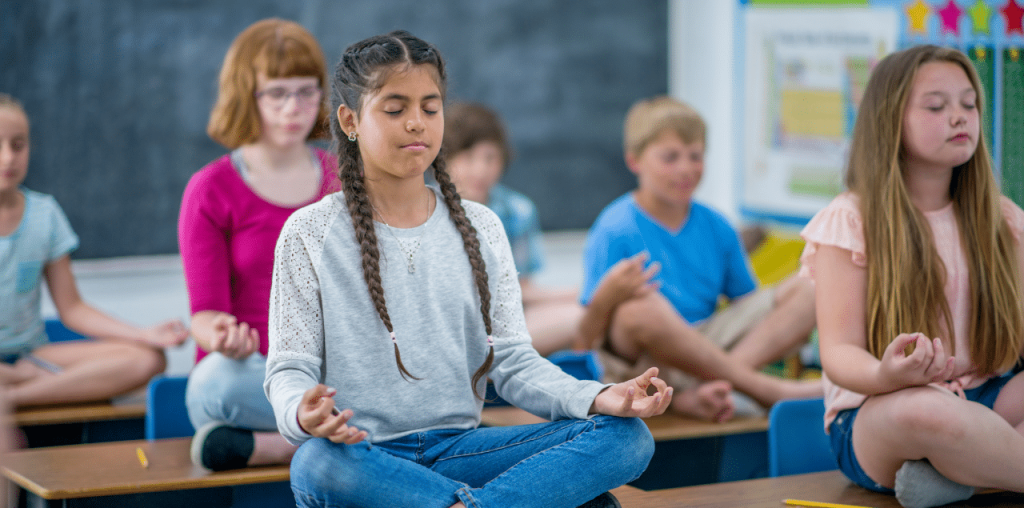Mindfulness is the practice of being fully present in the moment, with awareness and without judgment. When applied to relationships, mindfulness can help strengthen and improve communication, understanding, and connection with others. Whether it’s with your partner, family members, friends, or colleagues, incorporating mindfulness into your daily interactions can lead to healthier and more fulfilling relationships.
Here are some ways to use mindfulness to improve your relationships:
1. Be present: One of the key tenets of mindfulness is being fully present in the moment. When you are with someone, put away distractions such as phones, laptops, and TV, and focus on truly listening and engaging with them. Pay attention to their words, body language, and emotions without interrupting or jumping to conclusions.
2. Practice active listening: Mindful communication involves active listening, which means giving your full attention to the other person without thinking about your response or what you want to say next. By being present and attentive, you can pick up on subtle cues and nuances in the conversation that can deepen your understanding and connection with that person.
3. Cultivate empathy: Mindfulness can help cultivate empathy, the ability to understand and share the feelings of another person. By being fully present and attuned to someone’s emotions and needs, you can develop a greater sense of compassion and understanding in your relationships. Practice putting yourself in the other person’s shoes and see things from their perspective.
4. Respond, not react: Mindfulness can help you respond to situations with a level head and clarity, rather than reacting impulsively out of emotion or habit. When faced with a disagreement or conflict, take a moment to pause, breathe, and consider your words and actions mindfully. By responding thoughtfully rather than reacting impulsively, you can prevent misunderstandings and conflicts from escalating.
5. Practice non-judgment: Mindfulness encourages non-judgmental awareness of yourself and others, without labeling or criticizing. Instead of jumping to conclusions or making assumptions, approach situations with an open mind and curiosity. By letting go of judgment and preconceived notions, you can create a space for acceptance, understanding, and growth in your relationships.
6. Connect with your emotions: Mindfulness involves acknowledging and accepting your emotions without judgment. By being aware of your own feelings and reactions, you can respond to others more authentically and compassionately. Take time to check in with yourself regularly and notice how you are feeling in different situations. This self-awareness can help you better understand and regulate your emotions in your interactions with others.
7. Practice gratitude: Mindfulness can cultivate a sense of gratitude for the people in your life and the positive aspects of your relationships. Take time each day to reflect on the things you appreciate about your loved ones and express gratitude for their presence in your life. By focusing on the positive aspects of your relationships, you can strengthen your bond and create a more nurturing and supportive environment.
8. Set boundaries: Mindfulness can help you establish and maintain healthy boundaries in your relationships. By being aware of your own needs and limits, you can communicate them effectively to others and ensure that your boundaries are respected. Practice assertiveness and self-care by saying no when necessary and prioritizing your well-being and emotional health.
9. Cultivate compassion: Mindfulness involves cultivating compassion for yourself and others, acknowledging the inherent humanity and imperfections in all of us. Treat yourself and others with kindness and understanding, even in moments of conflict or difficulty. By approaching relationships with compassion and forgiveness, you can build trust, intimacy, and resilience in your connections with others.
10. Practice mindfulness together: Finally, consider practicing mindfulness together with your loved ones to deepen your connection and understanding. Try meditating together, taking mindful walks, or engaging in mindful activities such as yoga or tai chi. By sharing these experiences with others, you can strengthen your bond and create a more mindful and harmonious environment in your relationships.
In conclusion, mindfulness can be a powerful tool for improving and enhancing your relationships with others. By being present, practicing active listening, cultivating empathy and compassion, responding thoughtfully, and setting boundaries, you can create a more positive and fulfilling relationship with yourself and those around you. Incorporate mindfulness into your daily interactions and see how it can transform your connections with others for the better.

